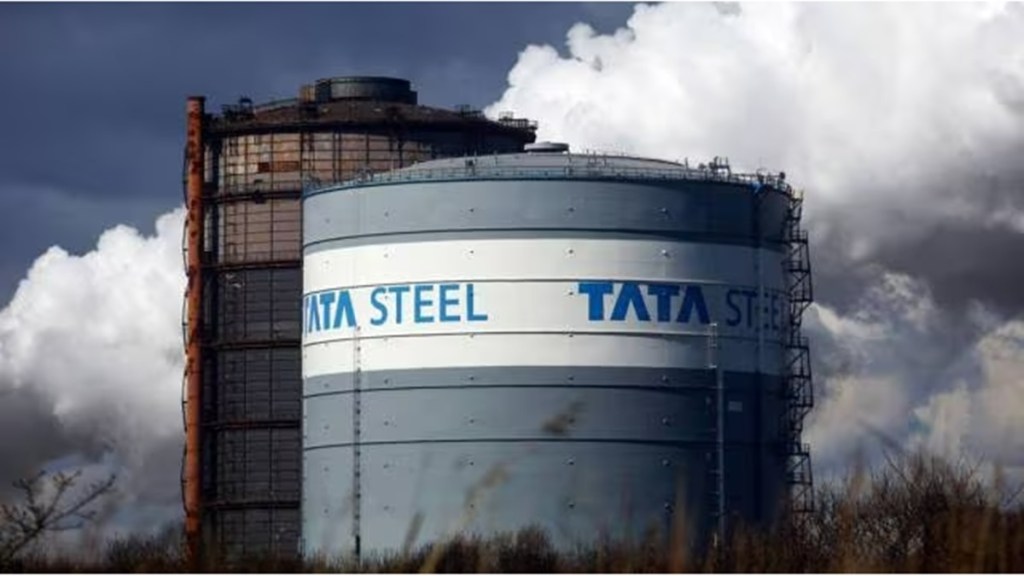Tata Steel’s plans to set up a 3-million-tonne environmentally-friendlier electric arc furnace (EAF) at Talbot in the UK, is progressing as per plan and the company is in discussions with the unions. The discussions will help in finalising the new structure and faster completion of the process.
“I can see that this is progressing as per plan and we are mindful of the fact that we are dealing with a sensitive subject. This is also about getting the investment process in place. So, we continue to engage with the unions and we continue to do so till it gets completed,” Tata Steel Executive Director and Chief Financial Officer Koushik Chatterjee said in an analysts’ call.
The formal process, which starts after a certain period, takes about 45 days.
“The consultation process started ever since our announcement in September. There is a proper process that we have to follow, which is stipulated even legally. We will continue to hear their point of view on any other suggestions or advice or any point that they may have on our proposal and once we have looked at it over the next couple of weeks, we will certainly progress this conversation,” he added.
On September 15, ending years of uncertainty, Tata Steel entered into an agreement with the UK Government to convert its coal-based steel-manufacturing at Port Talbot into EAF, entailing a total investment of 1.25 billion pounds. While the UK government has offered 500 million pounds, the Indian company would invest about 700 million pounds from its internal accruals over the next four years in the plant.
“It is a very intense and exhaustive process which we are currently in and then we hope to complete as per the timeline that we have set for ourselves,” he added.
Talking of steel price, Tata Steel’s CEO & MD T V Narendran said it moderated across regions during the quarter on slowdown in economic activity, elevated interest rates in the US and European Union and persistent weakness in the property market in China.
“In India, the steel prices were impacted by the global sentiment but given the resilient demand, it witnessed a lower drop in prices by about 3% QoQ compared with the rest of the key markets. As a result, the net realisations declined by Rs 2,400 per tonne on a QoQ basis, better than our guidance of Rs 3,000 per tonne,” he added.
Looking ahead, the company expects India net realisations to improve by Rs 2,200 per tonne QoQ aided by domestic demand. Coking coal consumption cost is expected to increase by $10 on a QoQ basis.
